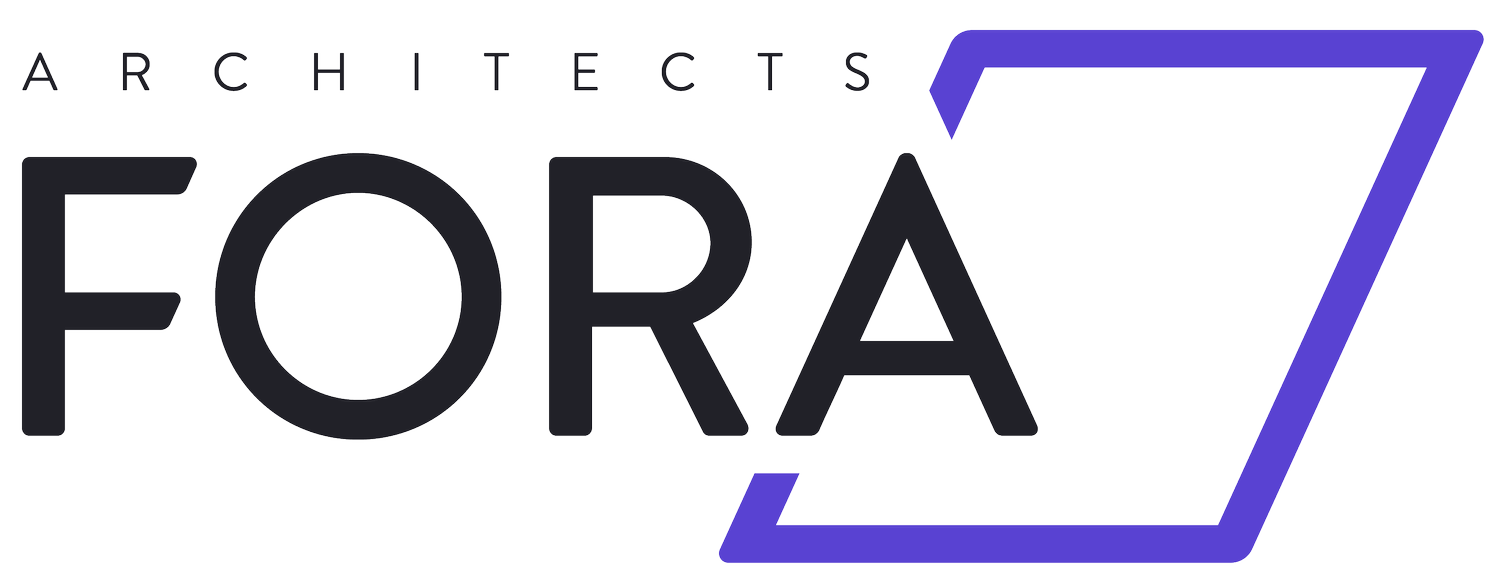Advocacy in Architecture: Your Voice as a Design Tool to Shape Your Community
“Roll up your sleeves and start picking up the pieces you can reach.”
At Architects FORA, we believe that great design isn’t just about buildings—it’s about people, policy, and progress. Advocacy is a critical part of our work, ensuring that communities have a say in shaping their built environments.
Why Advocacy Matters
As architects, we have a unique perspective on how policy influences housing, accessibility, and urban planning. By engaging in advocacy, we can:
Influence local and state policies that affect affordable housing and community development.
Support equitable design solutions that prioritize the needs of historically underserved communities.
Empower others—residents, stakeholders, and fellow professionals—to speak up for the built environment they deserve.
How You Can Get Involved
FORA Associate and Livable Communities Lead, Victoria Via, created a presentation on advocacy that outlines the power of public engagement and practical ways to take action. View it here:
📌 Advocacy in Architecture Presentation
We’ve also put together a one-pager on how to give public testimony—a simple, effective way to advocate for better policies in your community. Download it here:
📄 How to Give Public Testimony PDF
Each of us at FORA advocates in our own way within our local communities. We’re members and leaders of groups such as YIMBY, Strong Towns, the Whatcom Housing Alliance, the AIA, etc. Look for local advocacy groups to join that are aligned with your interests, such as:
YIMBY groups
Welcoming Neighbors Network
Land conservation groups
Climate groups
Transit groups
Parking reform groups
Tenants rights groups
Accessibility advocacy groups
and if one doesn’t exist, consider starting it yourself!
Advocacy doesn’t require a specific title or years of experience—just a willingness to speak up. Let’s use our voices to create lasting change.





